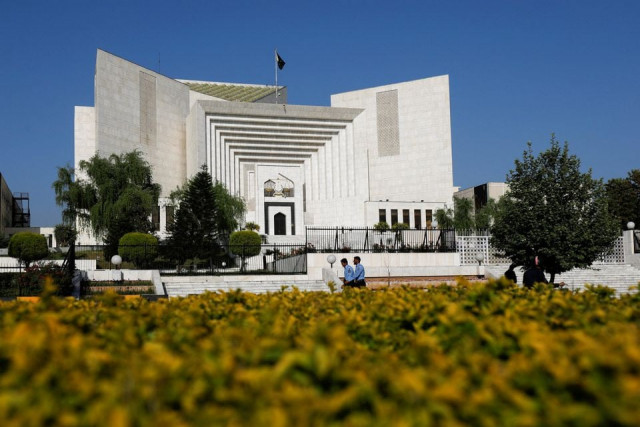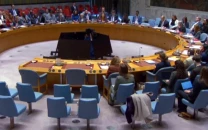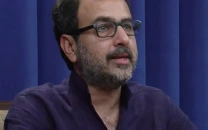SC rules ROs can resolve nomination issues
Says they are bound under SLGA not to reject papers if objection is not solid

The Supreme Court has said that even if there is a solid objection to the nomination papers in the local government elections, the returning officer can use his authority to confirm its validity and after addressing it, ignore it.
The written decision was issued on the appeal filed by candidate Yasir Aftab against the decision to reject his papers in the local body elections.
A three-member bench, headed by Justice Ijazul Ahsan, had reserved its decision on September 9.
Justice Muneeb Akhtar wrote the 12-page judgment in which it has been declared that the nomination papers should “not be rejected for non-disclosure of assets by mistake”.
According to the decision, “The RO is bound under the Sindh Local Government Act not to reject the nomination papers if the candidates’ objections to them are not solid.”
The court order said that even if the objection to the candidate's papers is solid, the RO can ask to correct it and after correction, the objection can be ignored.
However, the court stated, the candidate cannot make any claim in this regard and it is the discretion of the RO to ask for correction of the mistake or not.
In its decision, the apex court accepted the appeal against the rejection of papers of Councillor Aftab, who participated in the Sindh local body elections, and sent the matter back to the Sindh High Court (SHC).
The SC directed the high court to take a decision in one month.
It was decided that the petitioner should submit his nomination papers as a councillor candidate in the municipal elections.
On this, the opposing party, Irfan Gul, objected that in the nomination papers, Aftab did not disclose all the assets held by him and his wife.
On which, the RO and the Appellate Tribunal approved the papers.
However, the high court, while rejecting the petitioner's papers, held that the candidate hid the assets “knowingly”.The court stated in its order that “it is to be kept in mind that the awareness of candidates in local body elections of legal niceties and requirements may not be as sophisticated as that of candidates who contest elections at the national and provincial levels.”


















COMMENTS
Comments are moderated and generally will be posted if they are on-topic and not abusive.
For more information, please see our Comments FAQ